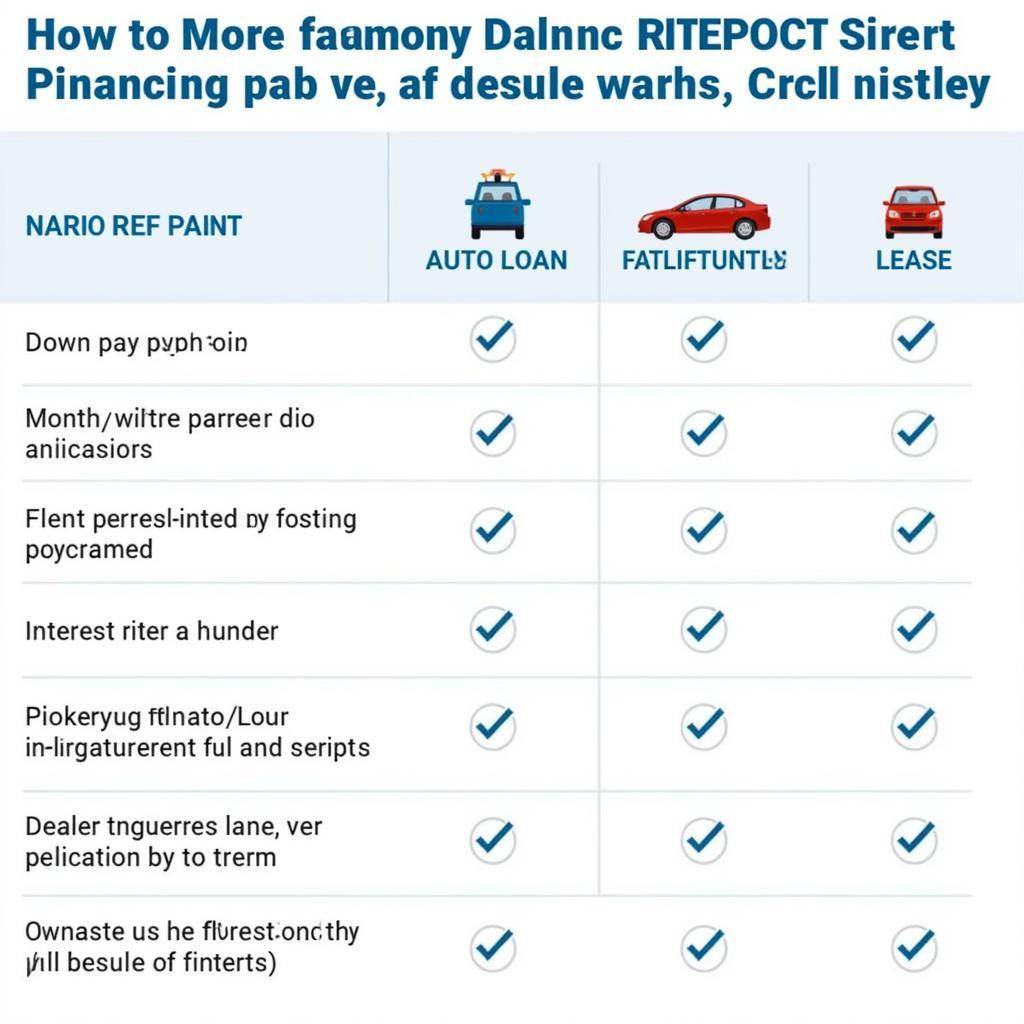Extended Service Contracts for Cars: A Comprehensive Guide
Extended service contracts for cars, also known as vehicle service contracts, offer peace of mind by covering repair costs beyond the manufacturer’s warranty. Understanding these contracts is crucial for making informed decisions about protecting your vehicle and budget. This guide will delve into the intricacies of extended service contracts, helping you navigate the options and choose the best coverage for your needs. Learn how to avoid costly repairs and maintain your vehicle’s performance with a well-chosen extended service contract.
What are Extended Service Contracts for Cars?
Extended service contracts are essentially agreements you purchase to cover the cost of certain repairs after your original factory warranty expires. They’re not technically warranties—those come from the manufacturer—but rather contracts between you and a third-party provider. These contracts offer various coverage levels, from basic powertrain protection to comprehensive bumper-to-bumper plans. Think of them as an insurance policy for your car’s mechanical components. Are manufacturer car service plans worth it? That depends on your individual circumstances and risk tolerance.
You can find a lot of information about service contracts for your vehicle, including pricing and definitions. Check out this resource on car service contract pricing for more detailed information.
Why Consider an Extended Service Contract?
As vehicles age, the likelihood of needing repairs increases. These repairs can be expensive, sometimes totaling thousands of dollars. An extended service contract can help you manage these unforeseen costs, providing a safety net for your budget. By paying a predictable monthly or annual fee, you can avoid being caught off guard by major repair bills.
Benefits of an Extended Service Contract
- Financial Protection: Shields you from unexpected and potentially high repair costs.
- Peace of Mind: Reduces stress associated with potential breakdowns.
- Budgeting: Allows for predictable car maintenance expenses.
- Increased Resale Value: Can make your car more attractive to potential buyers.
After your factory warranty expires, it’s important to understand the different options available for continued coverage. This page on car service contract definition will help you understand the specifics.
Types of Extended Service Contracts
Extended service contracts vary significantly in coverage. Understanding the different types is essential for choosing the right plan for your needs.
Powertrain Warranty
This covers the essential components that make your car move, such as the engine, transmission, and axles. It’s the most basic level of coverage and generally the least expensive.
Bumper-to-Bumper Warranty
This offers the most comprehensive coverage, protecting most vehicle systems and components, excluding routine maintenance items like tires and brake pads. It’s the most expensive option but offers the most peace of mind.
Stated Component Coverage
This covers specific components listed in the contract. This type of contract allows you to tailor your coverage based on your vehicle’s age, make, and model. It provides a balance between cost and coverage.
Choosing the Right Extended Service Contract
Selecting the right contract depends on several factors, including your vehicle’s age, mileage, driving habits, and budget.
Factors to Consider
- Vehicle Age and Mileage: Older vehicles with higher mileage typically require more extensive coverage.
- Driving Habits: If you drive frequently or in harsh conditions, a more comprehensive plan might be beneficial.
- Budget: Balance your budget with the level of coverage you need.
- Provider Reputation: Research the provider’s reputation and customer service record.
If you’re looking for car service contracts in a specific region, you might find information on car service contract abu dhabi helpful.
Understanding the Fine Print
Carefully review the contract terms and conditions before signing. Pay close attention to:
- Covered Repairs: What specific repairs are covered and excluded?
- Deductible: How much will you have to pay out of pocket for each repair?
- Transferability: Can the contract be transferred to a new owner if you sell the car?
- Cancellation Policy: What are the terms for canceling the contract?
Are you looking for reliable customer service for your car warranty? You can find information on Allstate car warranty customer service here.
Conclusion
Extended service contracts for cars provide valuable financial protection and peace of mind against unexpected repair costs. By carefully considering your needs, researching reputable providers, and understanding the contract details, you can make an informed decision that helps you maintain your vehicle and protect your budget. Finding the right extended service contract requires research and consideration, but the benefits can be substantial.
FAQ
- Are extended service contracts worth it? It depends on your individual needs and risk tolerance. Consider your vehicle’s age, reliability, and your budget.
- What’s the difference between a warranty and a service contract? A warranty is provided by the manufacturer, while a service contract is a third-party agreement.
- Can I cancel my extended service contract? Most contracts offer a cancellation period, but terms vary.
- What is a deductible? The amount you have to pay out of pocket for each covered repair.
- What is covered under a powertrain warranty? Essential components like the engine, transmission, and axles.
- What is covered under a bumper-to-bumper warranty? Most vehicle systems and components, excluding routine maintenance items.
- How do I choose a reputable provider? Research online reviews and check with your state’s insurance department.
For any assistance, feel free to reach out to us on WhatsApp: +1(641)206-8880, or Email: [email protected]. Our customer service team is available 24/7.

